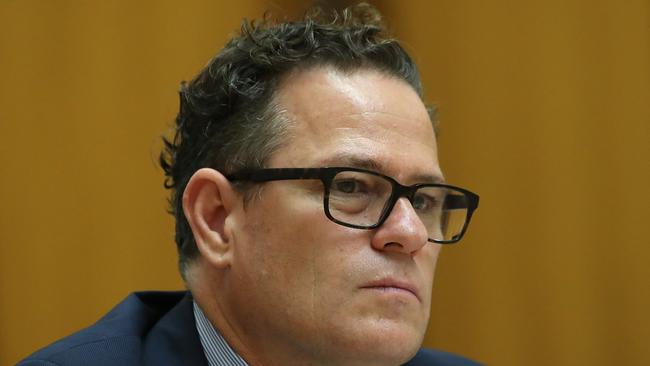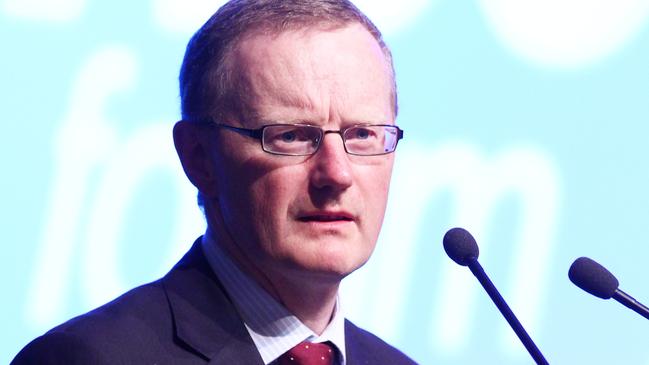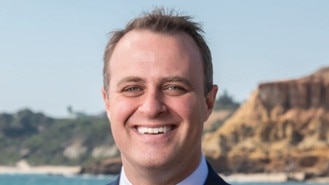Many jobs already pay above the compulsory 9.5 per cent super as debate rages on whether the rise to 12 per cent should go ahead
Union employees are among those pocketing more superannuation than politicians as lobby groups attack Coalition MPs opposed to the rise.
National
Don't miss out on the headlines from National. Followed categories will be added to My News.
Union employees, university staff and bureaucrats are among those pocketing more superannuation than politicians as funds and lobby groups attack Coalition MPs opposed to the rise.
The debate over the superannuation rate climbing from 9.5 per cent to 12 per cent continues to rage as super funds continue their pressure on the government to proceed with the legislated increases.
Labor MPs have been among the most vocal in attacking Coalition MPs pushing for a delay to employer super contributions.
They themselves receive compulsory superannuation rates of 15.4 per cent.
But analysis from News Corp found it’s not just politicians who receive higher rates of super, typically universities pay employees a rate of 17 per cent.
And at unions some job advertisements and documents showed the United Workers Union jobs pay a super rate of 16 per cent, while the ACTU offers staff 15 per cent and the CFMEU gives 13 per cent.
Superannuation lobby group, Industry Super Australia’s chief executive officer Bernie Dean, said employers are entitled to pay employees above the compulsory 9.5 per cent rate if they wish.

“Employers and employees regularly reach agreements to pay above the legislated minimum super rate, recognising that 9.5 per cent super is not enough to fund a comfortable retirement,” he said.
“But the public can smell the rank hypocrisy coming from politicians who want to cut super for most workers while they gleefully pocket well-above the minimum rate.”
Latest Association of Superannuation Funds of Australia figures showed for a 30-year-old person who has $40,000 in super now and earns $70,000 a year, the increase to 12 per cent will boost their retirement’s amount from $460,000 to $540,000 by time they reach age 67.
The Reserve Bank of Australia governor Dr Phillip Lowe admitted last week that higher super contributions mandated by the previous Labor government would undermine the ability for workers to get higher wages.

“The real challenge we have is to make wages grow at a faster rate than they have been,” he said at a parliamentary committee hearing in Canberra.
Liberal MP for Goldstein Tim Wilson has been outspoken about prioritising being able to buy a home first before tucking away money in super, said the scheduled increases would hurt working Australians.

“Additional super is just forgone wages, I’m happy to have my super slashed to 9.5 per cent because it means my wages will go up $12,500 a year,” he said.
“Higher super means lower wages and lower super means higher wages.”
The Federal Government has still yet to make an announcement on whether it would try and overturn existing legislation that would see the increases to super begin from July 1.
SUPERANNUATION RATES
• University employees, 17 per cent.
• Politicians, 15.5 per cent.
• Most state governments, 15 per cent or more.
• United Workers Union, 16 per cent.
• ACTU, 15 per cent.
• CFMEU, 13 per cent.
* Applies to roles seen by News Corp on some job ads and contractual documents.
More Coverage
Originally published as Many jobs already pay above the compulsory 9.5 per cent super as debate rages on whether the rise to 12 per cent should go ahead





